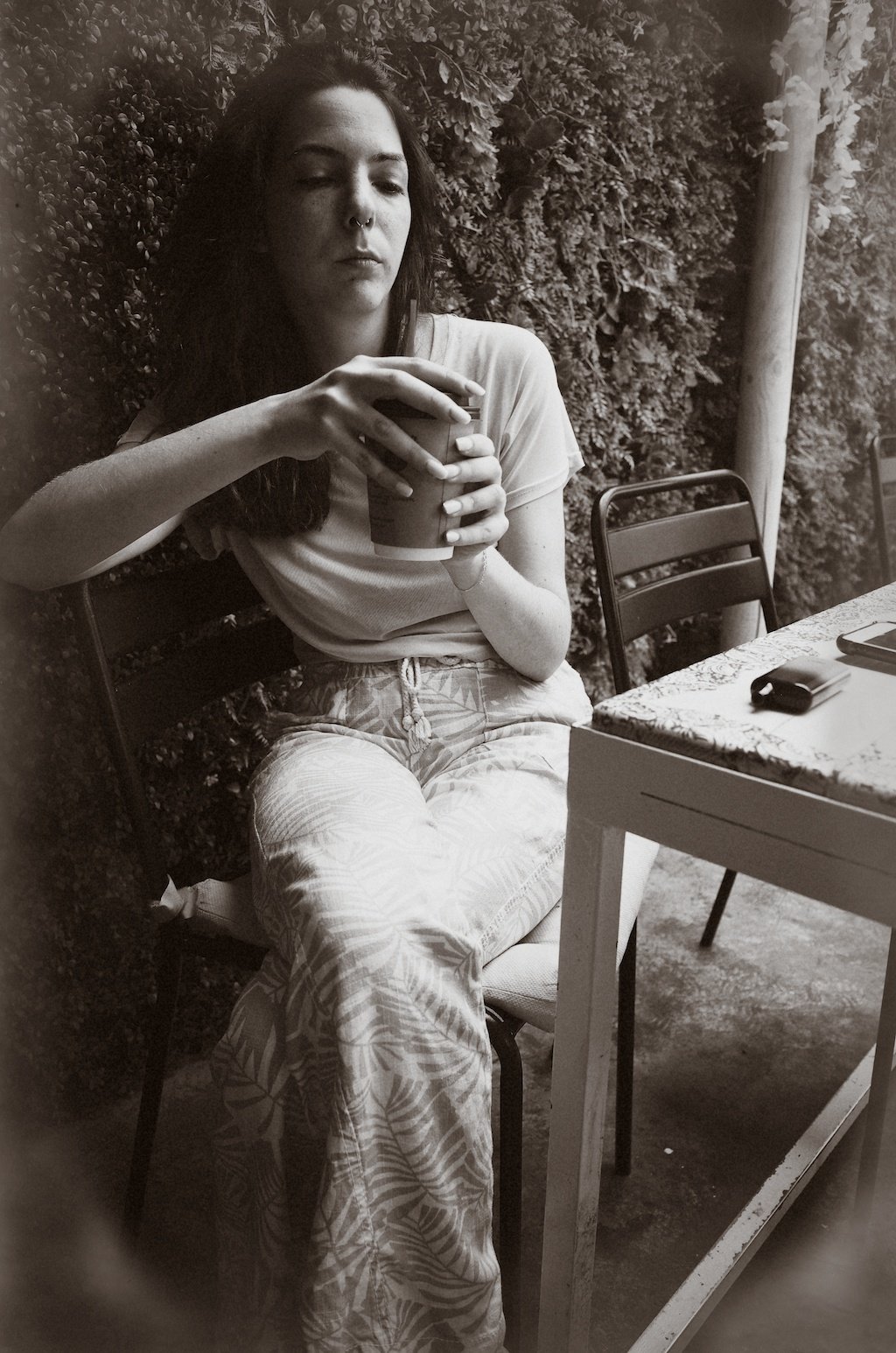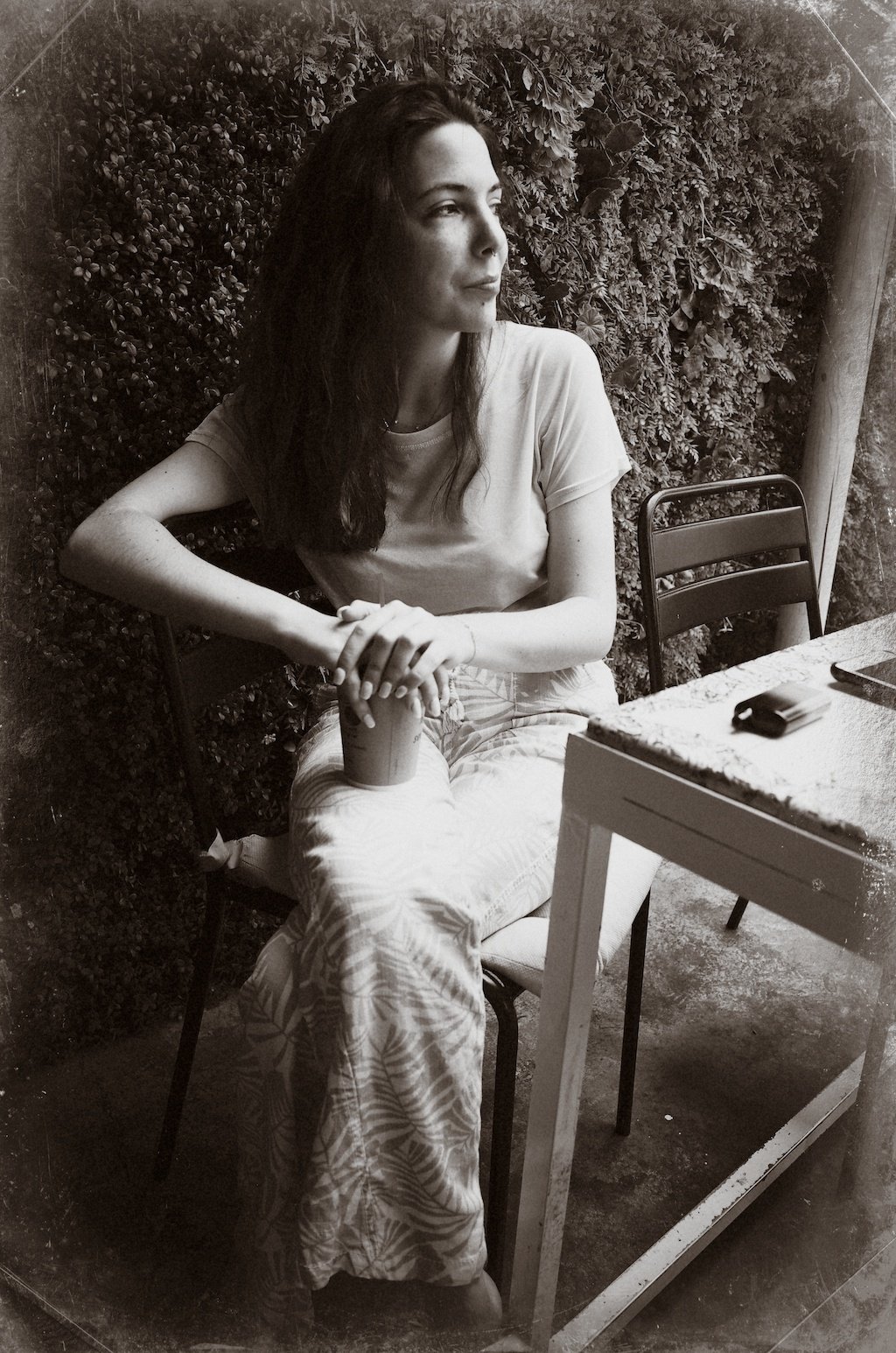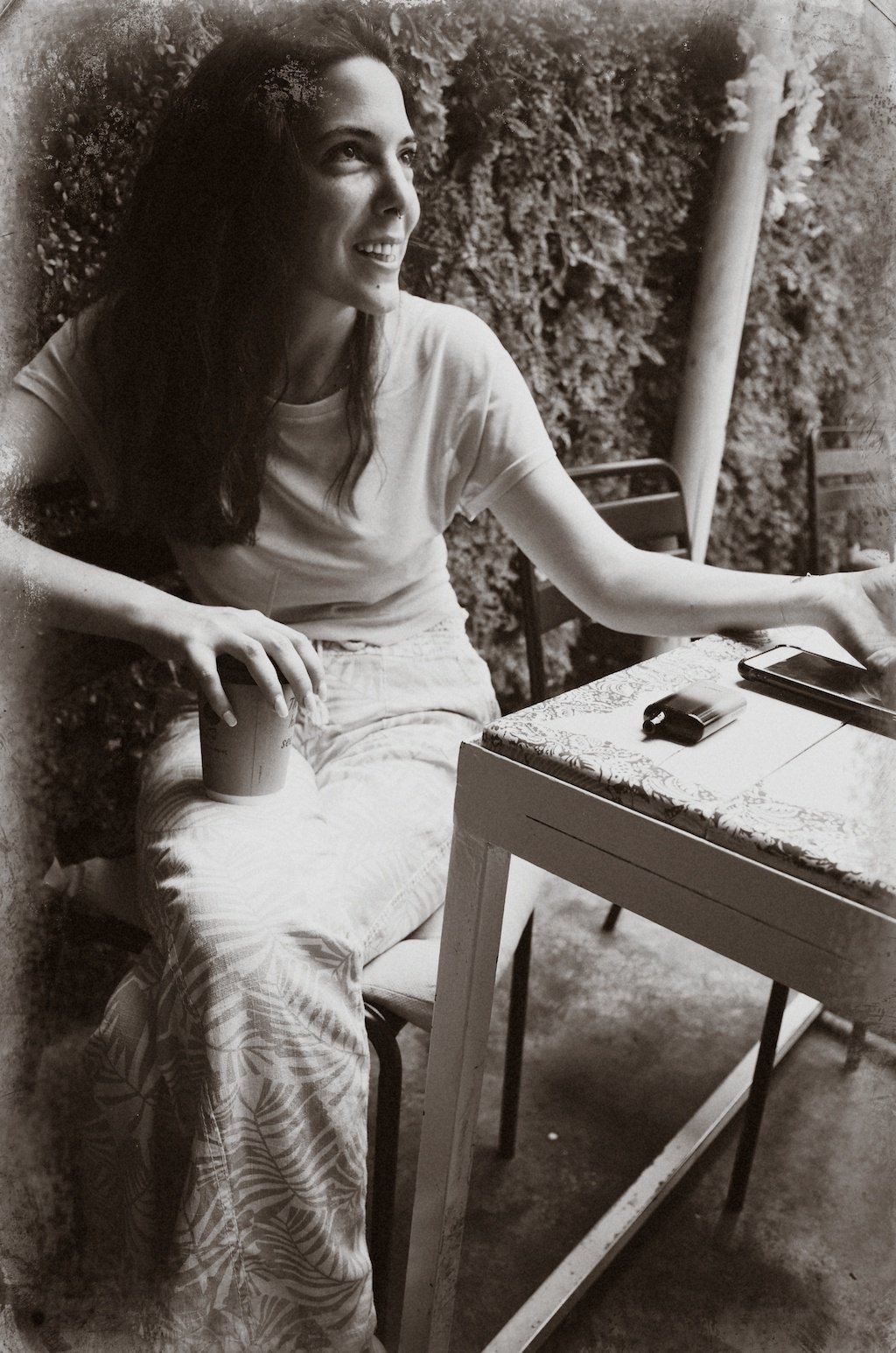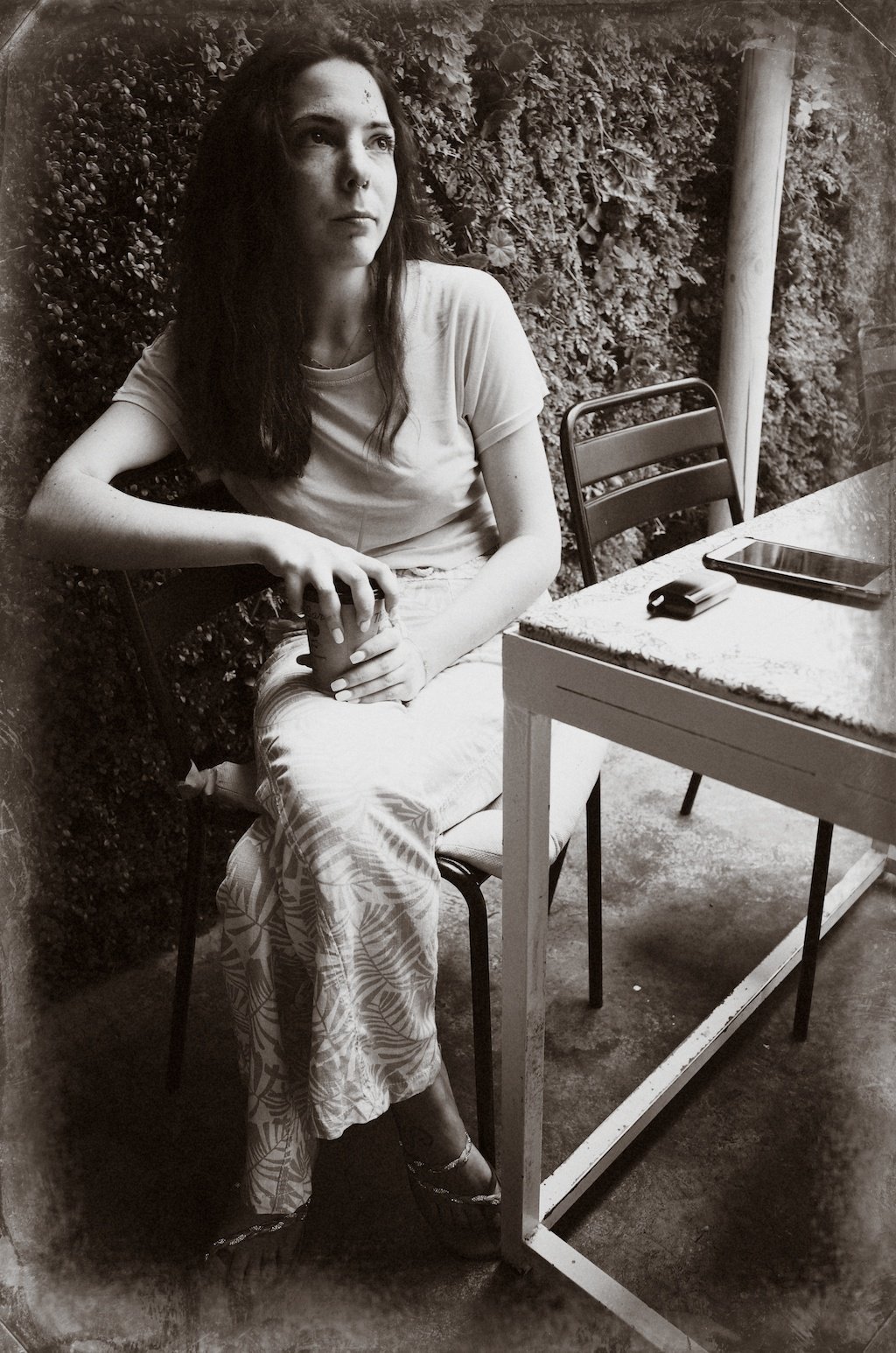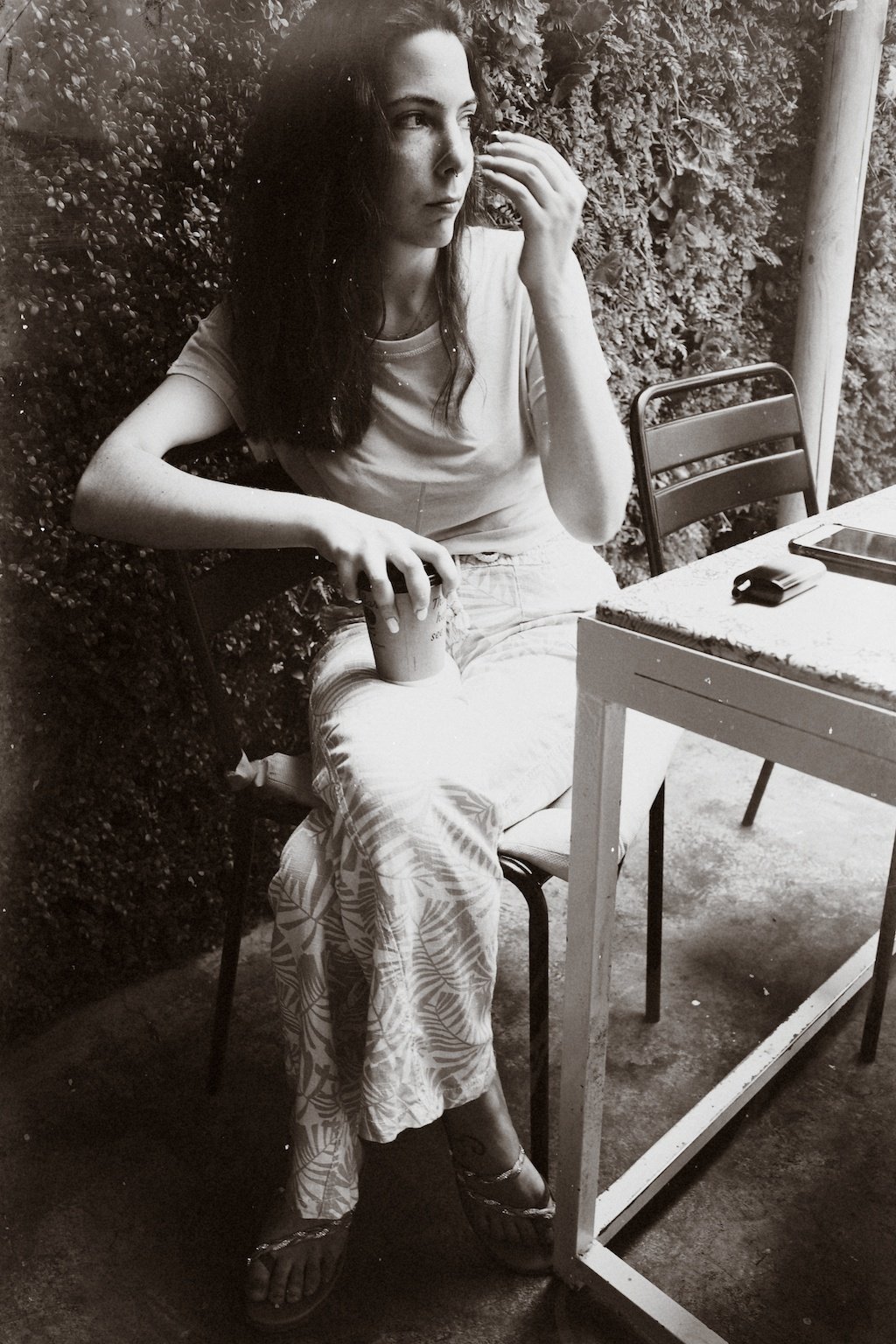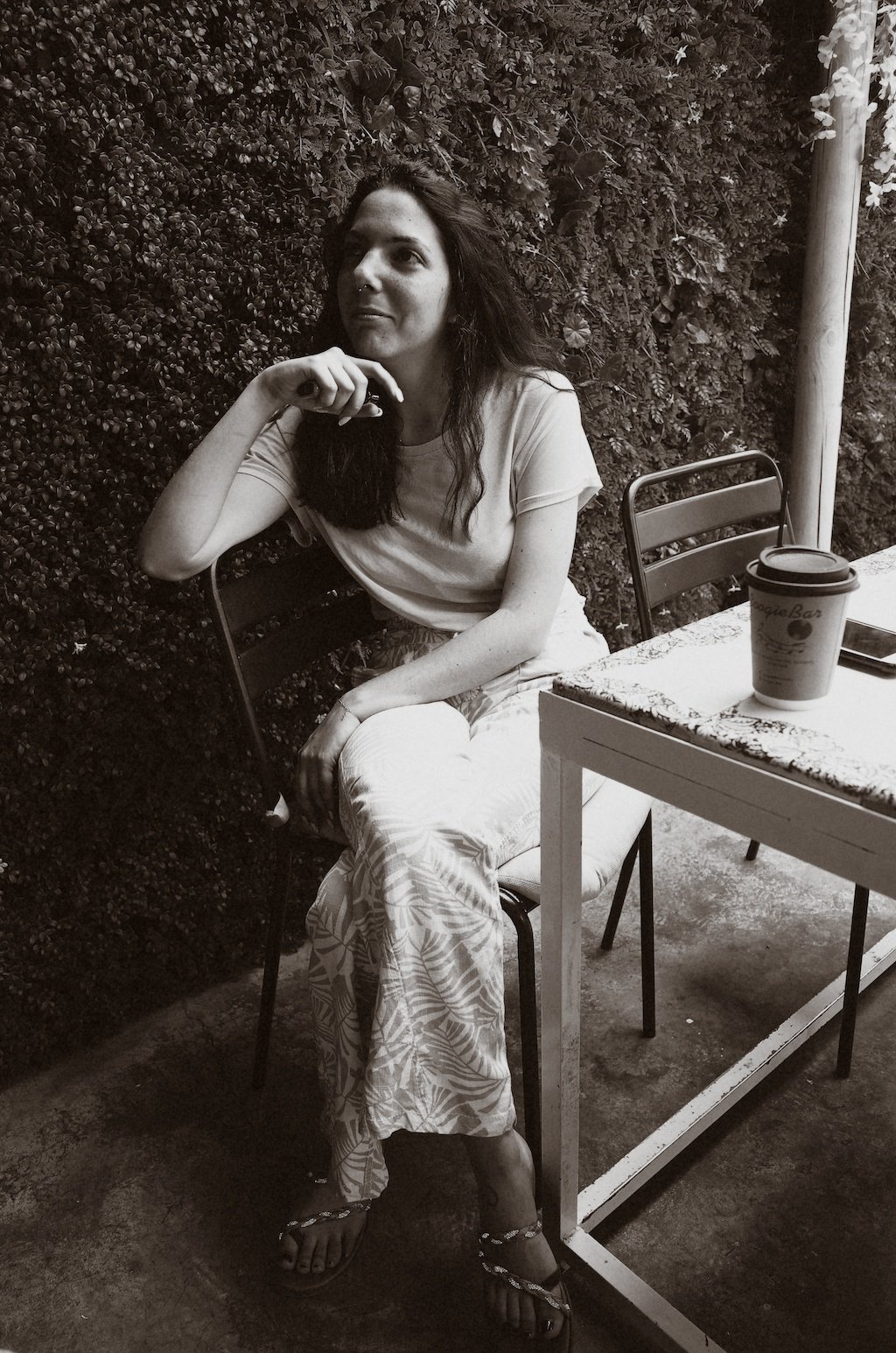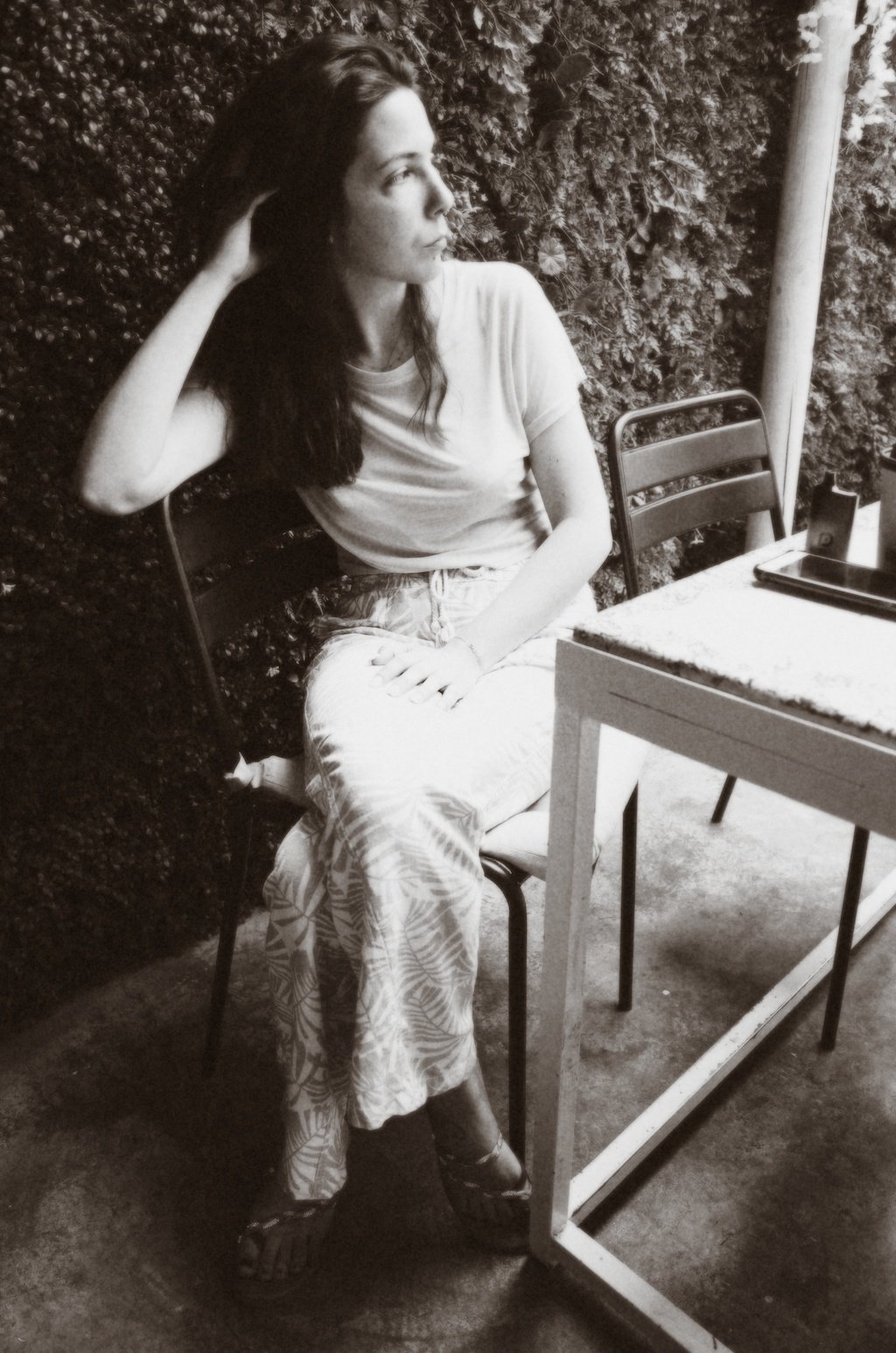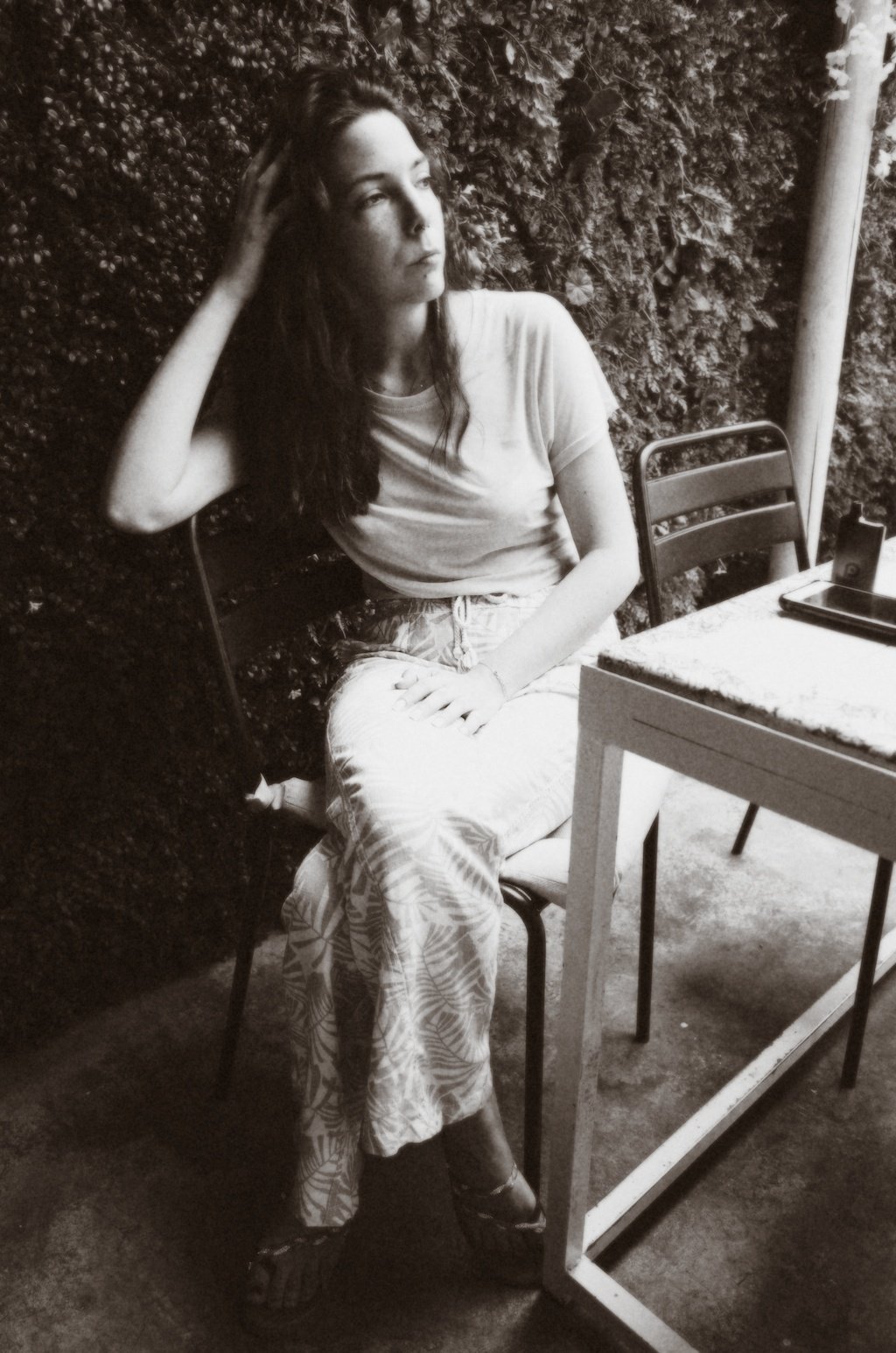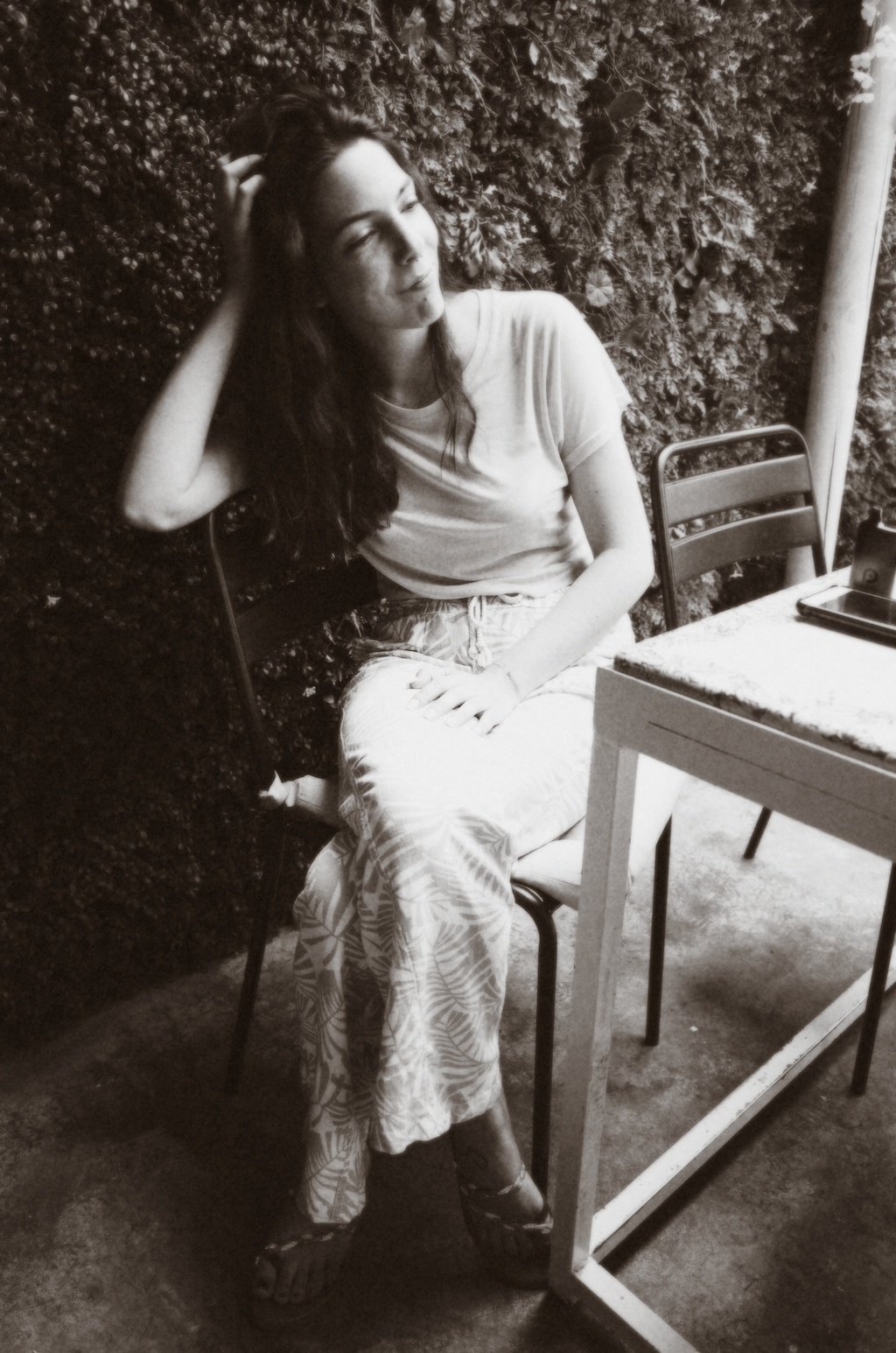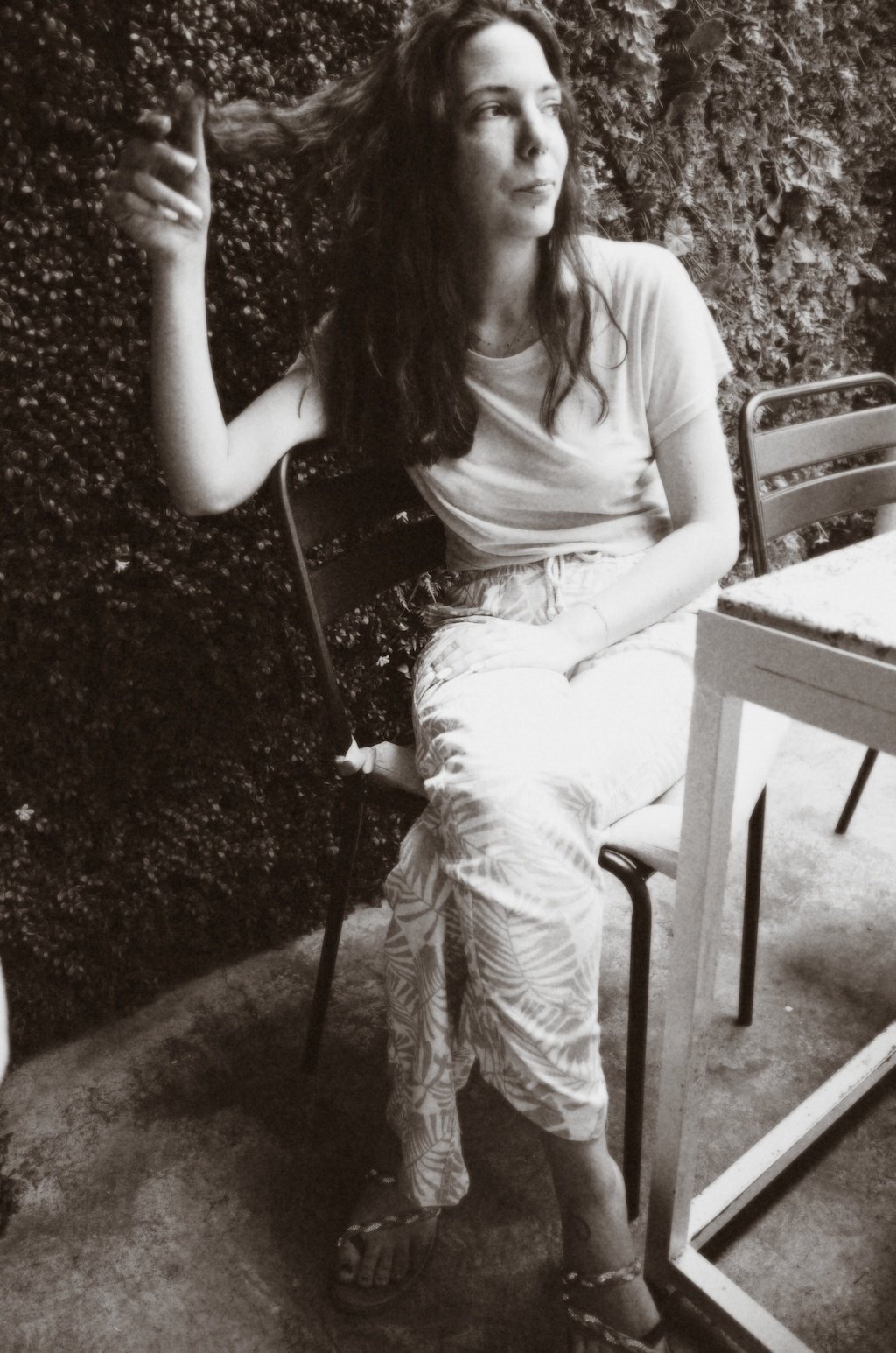Hung-Jan, the fifth Ch'an Patriarch of China, would soon die. The elderly master had decreed that whoever should write the poem embodying the most profound insights into Buddhism would be his legitimate successor; and everyone at the little community of Huang-mei Shan (Yellow Plumb Mountain) expected Shen-hsiu, a scholarly and highly-respected monk, to inherit the office along with the robe and begging bowl reputed to have been transmitted from Gautama himself. Shen-hsiu stole into the Patriarch's quarters and anonymously posted the poem: “Body is the Bodhi Tree, Mind is like a bright mirror-stand. Diligently wipe it all the time, And allow no dust to cling”. Upon waking and reading this poem, the aging master ordered incense to be burned before it, commenting that enlightenment would be reached by all who put it into practice. But the following night, Hui-neng, a barely-literate rice-pounder from Hsin-chou, posted a second poem next to that of Shen-hsiu: “Originally, Bodhi is not a Tree, Nor is the mind-mirror standing. Originally, not one thing exists,
So where is the dust to cling?” Hung-jan immediately recognized the profundity of Hui-neng's understanding, and, summoning Hui-neng to his chamber by night, conferred upon him the sacred robe and begging bowl…
